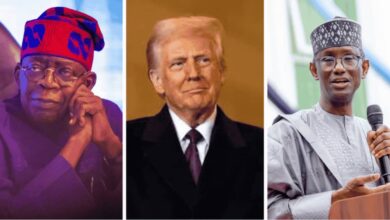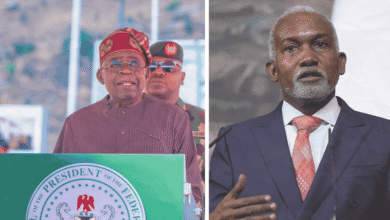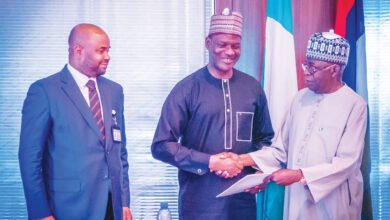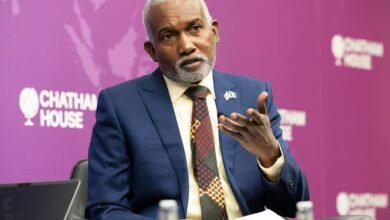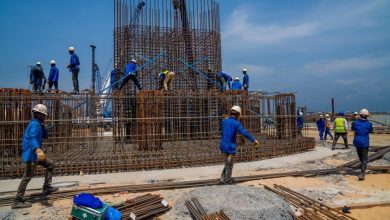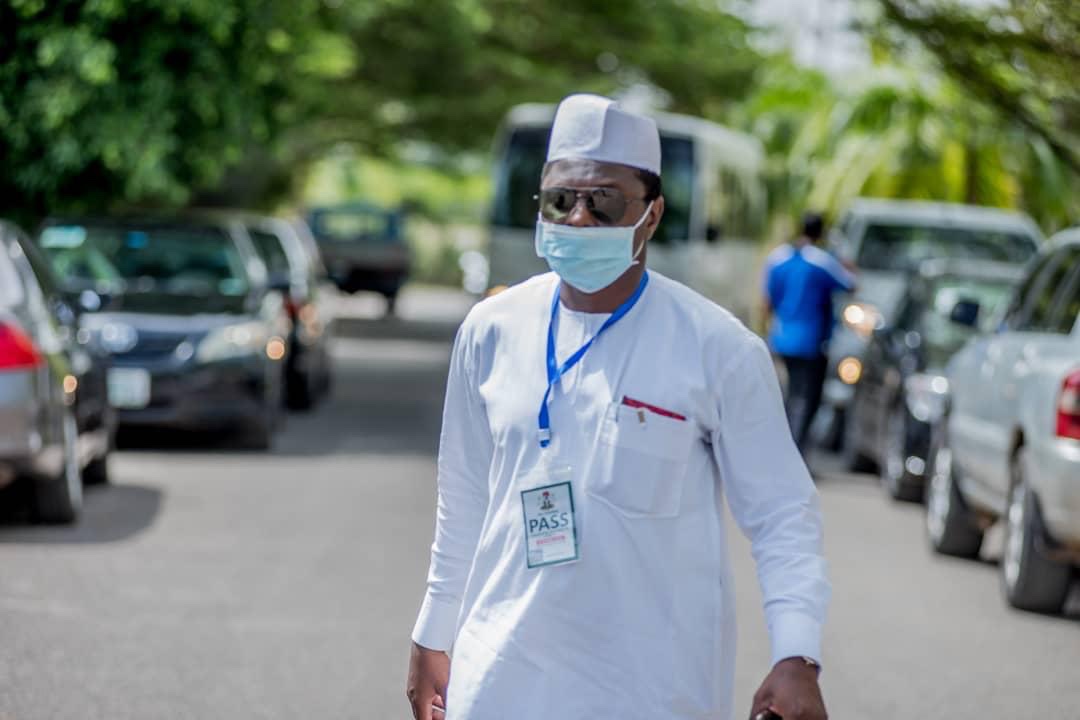
By Johannes Tobi Wojuola
On the 28th of June, my friend, Dr. Abu called me to inform me that he had tested positive for the dreaded coronavirus. Four days before the 28th, we had a meeting where he began feeling dizzy — I broke the social distancing protocol to help him up when he tried to lay down, but he resisted and said he was fine. For him, that was enough contact with me, and he advised I take the test.
The very moment on the phone that Dr. Abu mentioned that he had tested positive I fell sick. My body began to shiver, and a slight fever came upon me. Mucus, though of little quantity, had formed in my nose and my heartbeats went on overdrive. As soon as we got off the call, I was fully sick.
I canceled an engagement I had afterwards. I drove straight home and made a call to an NCDC affiliate testing centre to book an appointment for the next day.
As every second passed, my heartbeat became faster. And there was nothing I could self-talk to calm its pace. By midnight I laid on my bed. I closed my eyes fruitlessly — all I had were nightmares of the virus. I was scared to misery.
I tossed and turned—I would jump out of bed at least four times to take a walk round the room. I had thought of everyone I knew or heard that had died of the dreaded virus. The reproduction of the sad stories in my mind were brutal. I had also thought of every single scenario possible: from the pick up to the isolation centre, to the survival. Worse: For an avid reader of the last page of the Economist Magazine — the obituary section — I was already telling my life’s story in fantastically crafted paragraphs. An auto-bituary.
All these grievous thoughts, all in one night.
By 6am, after a mostly sleepless night, I jumped out of bed and headed to the shower; my test appointment was for 8am, and I wanted to be there in good time. I needed to be sure that I was not hit by the virus. Though I was doubtful that I wasn’t.
It turned out that the testing centre had been overbooked for the day, and I had to wait till the next day. By the end of the day I was visibly sick: slight symptoms were here and there. There was a slight pain in my abdomen, I had coughed seven times throughout the day, and I had sneezed twice. There seemed to be mucus in my nose, a catarrh was brewing.
I had told those who I came in contact with what the situation was. Two of them developed catarrhs instantly. Another a sore throat.
I took the COVID-19 test on the 30th of June: it was not as unpleasant as many had touted, but as soon as the swab left my nose, the gathering of mucus in my nostrils had become a crowd. It was now six days since I came in contact with Dr. Abu. The symptoms were trickling in — slowly and scarily.
That morning, my friend had packed three bottles of “dogon-yaro”, and a ginger paste mix and delivered it to me at about 9am at the Testing Centre. I was ready to kick-off my treatment before the results even came out: I had read that an early treatment was very helpful.
I took a hot tea at least 5 times a day—from the ginger paste to the “dogon-yaro”. I was sweating constantly. And I would not turn on the fan nor the Air Conditioner. I was not going to give the virus a chance to breed.
By the evening of the second day after the test I was horribly sick: weak, malaise and an unsure catarrh that wasn’t there but was. I also had coughed four times that day; I was keeping count. Dr. Abu encouraged me, he said he was fit as a fiddle at the isolation centre and could even play soccer. He said I should be calm and not tense myself out, as all hope was not lost. For me, it was clear that something was wrong, and the closest to that was that I had contracted the virus. I was so weak at this point that I was about to call the NCDC. But I held back. I called a medical practitioner who asked me to take a malaria test the following morning while I waited for the COVID-19 results.
That night, at about 1am a WhatsApp message was dropped on a group I belong to, it read: “Nasiru Ajanah—Details Emerge On How Kogi State Chief Justice Walked Into His Death”. I lost breath for a second. My heartbeat had gone wild. I should never have opened that message.
The next morning, I woke up in fear. I rushed to the kitchen and put a pinch of salt in my mouth, to confirm that I still had my sense of taste. This became the daily practice for days.
I dragged myself to the lab and did a malaria test. My result was sent to me: I had the parasite, at one plus.
As soon as the results hit my phone, and I saw that I had malaria, I felt better. My system began to pick-up. An energy from nowhere surfaced. I purchased medication and immediately began treatment. Five days after I was back on my feet.
My body had almost fully recovered. Yet my COVID-19 test results were not out. By now, all the symptoms had vanished.
About a week after all the symptoms had gone, my results came out. It said: “Good day This is to notify you that your COVID-19 test result is NEGATIVE This implies that as at the time of sample collection, you do not have the COVID-19 Virus in your body. …”
I had moved on already. It came when I had suffered from the virus — that I never had — and healed completely.
The virus, when in a host, can do damage to the body, and when in the mind can do as much damage too.
I shared this story with some friends and someone in the room mentioned how a friend of his who had lost his life to the virus only began deteriorating the day he was told that he was sick of the virus. His family had held back that information, and he was doing fine, not until he was told.
Right or wrong, I still debate with myself if Dr. Abu should have disclosed to me the fact that he had tested positive for this untamed virus. Ethically he was right. But I told myself, that if he never mentioned it to me, I would never have become as badly ill as I did.
A medical practitioner explained to me what happened: I had fallen into severe anxiety, and my immune system had hit low.
Imagine being sick, and having most of the symptoms of a disease, only because you are told that you may have it. The fear of a thing, sometimes, is as dangerous as the thing itself.
Johannes Tobi Wojuola is a lawyer, and a member of the Global Shapers Community

